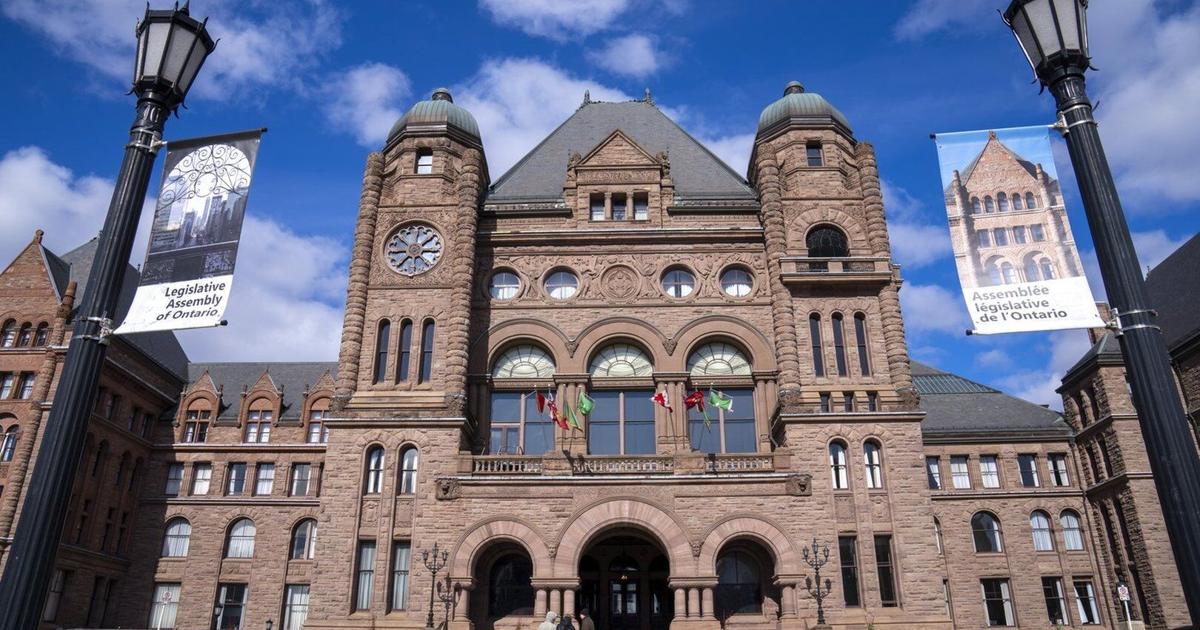Northern Light
Superstar
The province has an anti-crime bill or two coming.......and it looks like involuntary addiction treatment will factor into one of them.

 www.thestar.com
www.thestar.com
In reading what seems to be coming, it looks like it will be based around the new BC model (from the NDP) and does not seem unreasonable; though I'm sure Doug's presser will make it seem such.

Ontario eyes involuntary addiction treatment for people in jail, on parole, probation
The Canadian Press has learned that the government will make that announcement today.
In reading what seems to be coming, it looks like it will be based around the new BC model (from the NDP) and does not seem unreasonable; though I'm sure Doug's presser will make it seem such.





